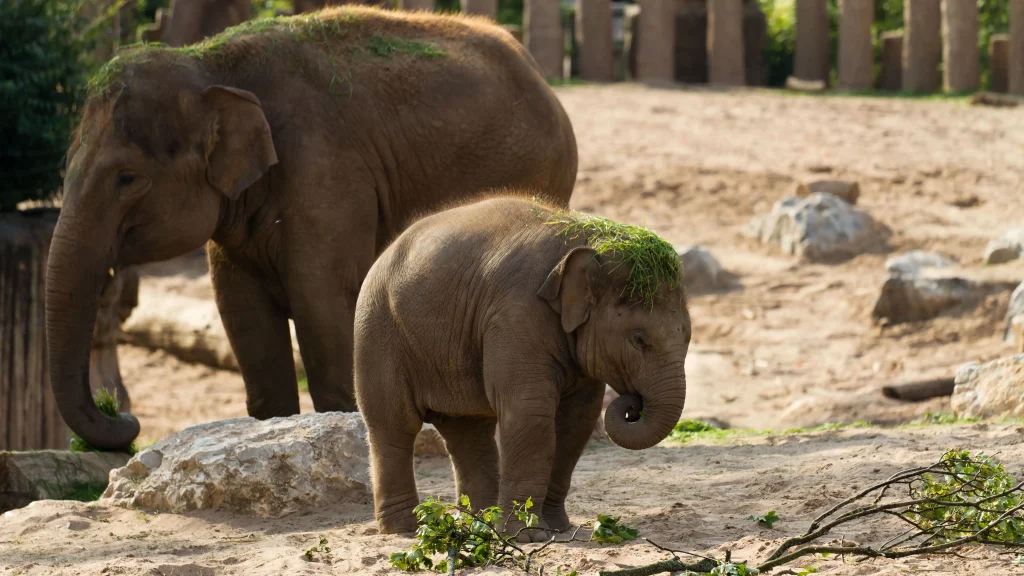A new vaccine protects young elephants from elephant endotheliotropic herpesvirus (EEHV), a deadly virus that can kill within hours.
Scientists from Chester Zoo, the University of Surrey, and the Animal and Plant Health Agency in the UK crafted this life-saving solution.
Threat to Young Elephants
EEHV poses little risk to adult Asian elephants but endangers calves as they lose maternal immunity.
The virus, common in Asian elephants, has caused deaths in India, Nepal, and Thailand, impacting zoo breeding programs and wild populations.
Targeting Vulnerable Calves
Young elephants, with underdeveloped immune systems, face severe risks from EEHV.
Symptoms like head swelling and lethargy appear too late for treatment, often leading to fatal internal bleeding. The vaccine strengthens their defenses to survive infection.
Innovative Vaccine Design
Traditional vaccines use weakened viruses, but EEHV cannot be cultured outside elephants. Instead, researchers analyzed the virus’s genetic code from a deceased calf at Chester Zoo.
They identified two key viral components to trigger immunity, using a novel dual-delivery method.
Successful Trials
The vaccine, tested on elephants like Chester Zoo’s Aung Bo, proved effective in boosting immune responses.
Administered via injection with boosters, it’s practical for zoos and sanctuaries, offering hope for broader use in wild populations.
Broader Conservation Impact
With fewer than 40,000 Asian elephants left, per conservation estimates, this vaccine is vital. It also uses cutting-edge technology adaptable for other species and diseases, marking a milestone in wildlife health.
Future Goals
Scientists aim to refine the vaccine for wild herds. “This could transform elephant conservation,” a lead researcher said. The breakthrough offers hope for protecting an endangered species from a silent killer.























